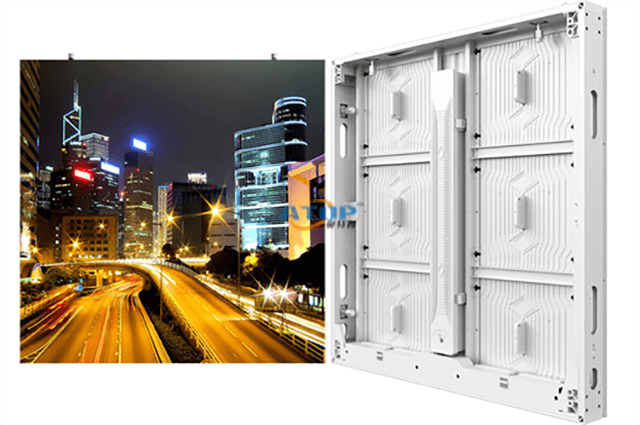When outfitting a conference room with an LED display screen, making the right choice is crucial for ensuring clear visuals and effective presentations. Here¨s a guide to help you select the perfect LED display screen, along with solutions to common issues you might face.Through bit by bit efforts, let led display screen Our market share is getting higher and higher, and the return on investment is also rising steadily. https://www.atop-led.com/
led display screen
1. Determine Screen Size and Resolution
Screen Size: The size of the LED screen should be appropriate for the room¨s dimensions and the typical audience size. Larger screens are ideal for bigger rooms or larger groups to ensure everyone can see the content clearly.
Resolution: Higher resolution screens provide clearer and sharper images, which is vital for detailed presentations. Choose a screen with at least Full HD (1080p) resolution, but 4K resolution is preferable for larger displays or detailed visuals.
Common Issue and Solution:
- Issue: Poor image clarity due to insufficient resolution.
- Solution: Opt for a higher resolution screen to ensure that all details are visible, especially if you plan to display intricate graphics or text.
2. Consider Panel Quality and Brightness
Panel Quality: The quality of the LED panels affects color accuracy and viewing angles. Look for high-quality panels with wide viewing angles and excellent color reproduction to ensure the display looks great from all parts of the room.
Brightness: Conference rooms can have varying lighting conditions. Choose an LED display with high brightness levels (measured in nits) to ensure visibility in both bright and dim environments.
Common Issue and Solution:
- Issue: Inconsistent brightness or color fading.
- Solution: Select a display with adjustable brightness settings and high-quality panels to maintain consistent visibility and color accuracy.
3. Evaluate Connectivity and Compatibility
Connectivity: Ensure the LED display has the necessary inputs and outputs for your equipment, such as HDMI, DisplayPort, and USB ports. This flexibility allows for easy integration with computers, cameras, and other presentation devices.
Compatibility: Check that the display is compatible with your existing AV equipment and control systems. This compatibility ensures seamless integration and reduces potential technical issues.
Common Issue and Solution:
- Issue: Connectivity problems or lack of compatible ports.
- Solution: Verify the display¨s specifications against your equipment and consider purchasing additional adapters or converters if needed.
4. Assess Installation and Maintenance Needs
Installation: Consider the complexity of installation and whether you need professional assistance. Some LED displays require specialized mounting hardware or calibration to ensure optimal performance.
Maintenance: Choose a display with easy-to-access components for maintenance and servicing. Regular maintenance is essential to keep the screen functioning properly over time.
Common Issue and Solution:
- Issue: Complicated installation or high maintenance costs.
- Solution: Consult with professional installers and choose a display with user-friendly maintenance features to minimize long-term costs and hassle.
5. Check for Advanced Features
Features: Look for additional features that enhance functionality, such as touch capabilities, built-in speakers, or interactive elements. These features can add value to your presentations and meetings.
Common Issue and Solution:
- Issue: Overwhelming features that are not needed.
- Solution: Select features that align with your specific needs and avoid paying for functionalities that will not be used frequently.
6. Consider Long-Term Value and Warranty
Value: Evaluate the overall cost of the LED display in relation to its quality and features. Investing in a higher-quality screen may have a higher upfront cost but can provide better long-term performance and durability.
Warranty: Ensure the display comes with a comprehensive warranty that covers both parts and labor. A good warranty provides peace of mind and protection against potential defects.
Common Issue and Solution:
- Issue: Short warranty period or high repair costs.
- Solution: Choose a display from a reputable manufacturer with a robust warranty to ensure support and protection throughout the display¨s lifespan.
Conclusion
Choosing the right LED display screen for your conference room involves careful consideration of size, resolution, panel quality, connectivity, and advanced features. By addressing common issues and selecting a display that meets your specific needs, you can enhance your presentations and ensure a professional and engaging experience for all participants.